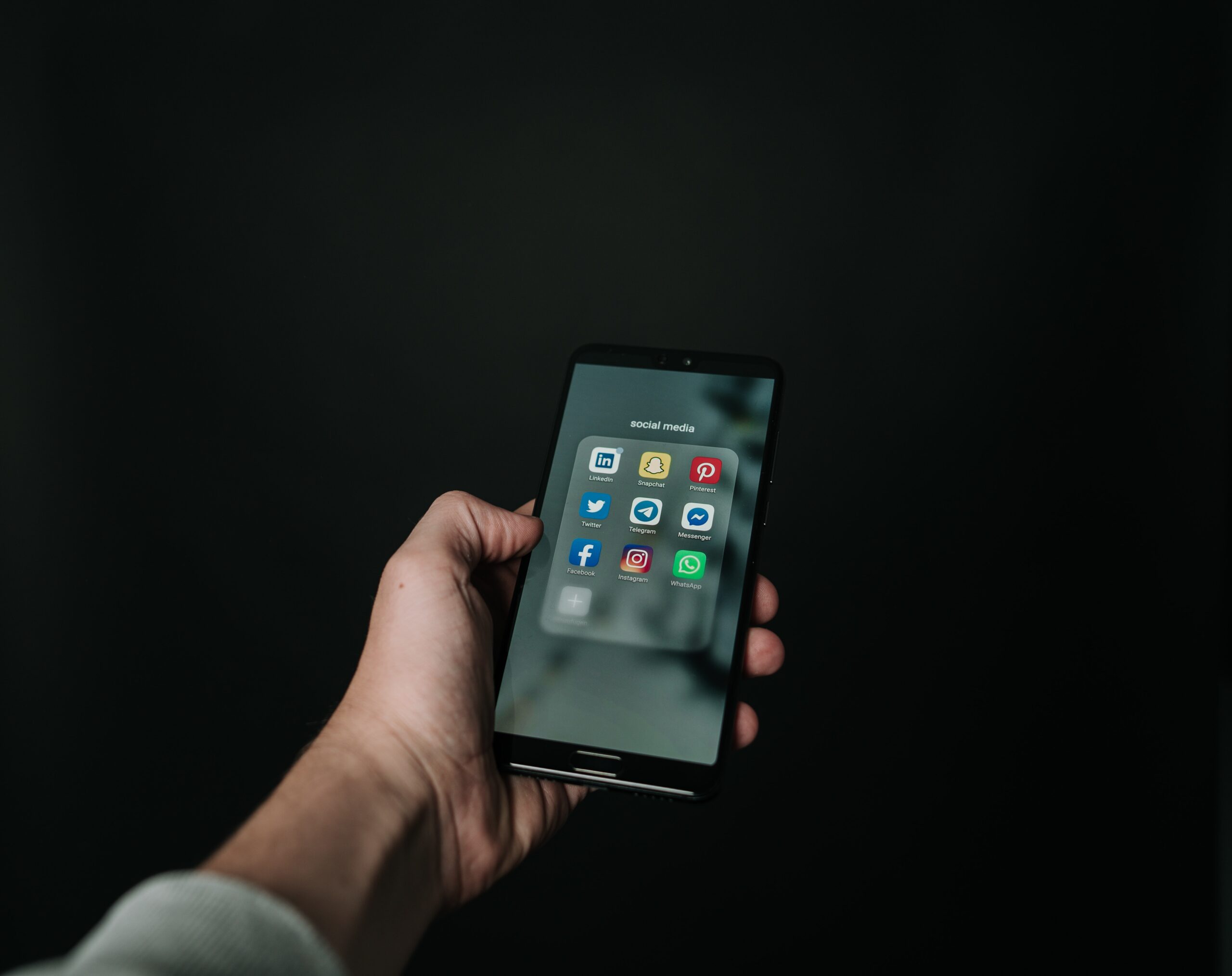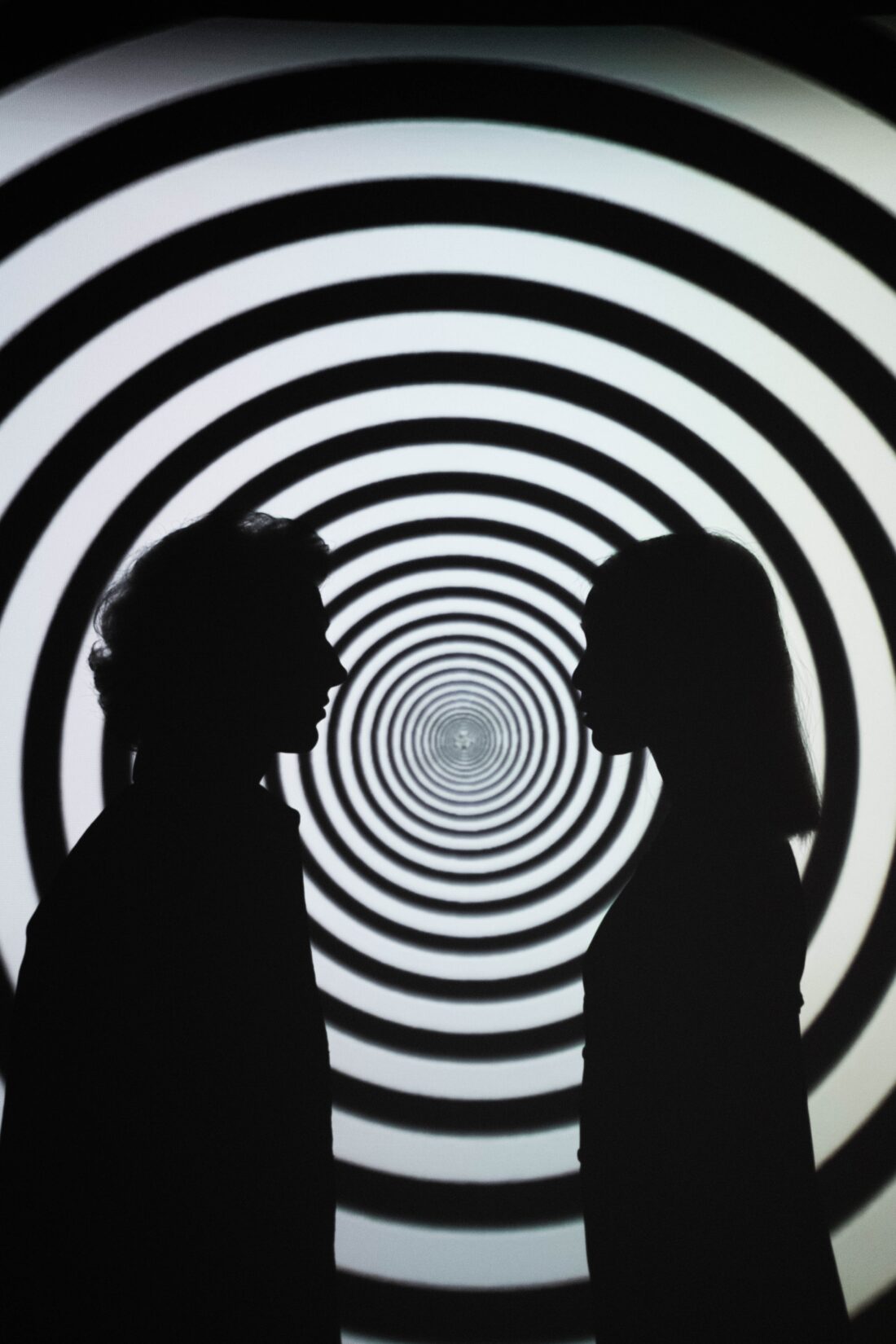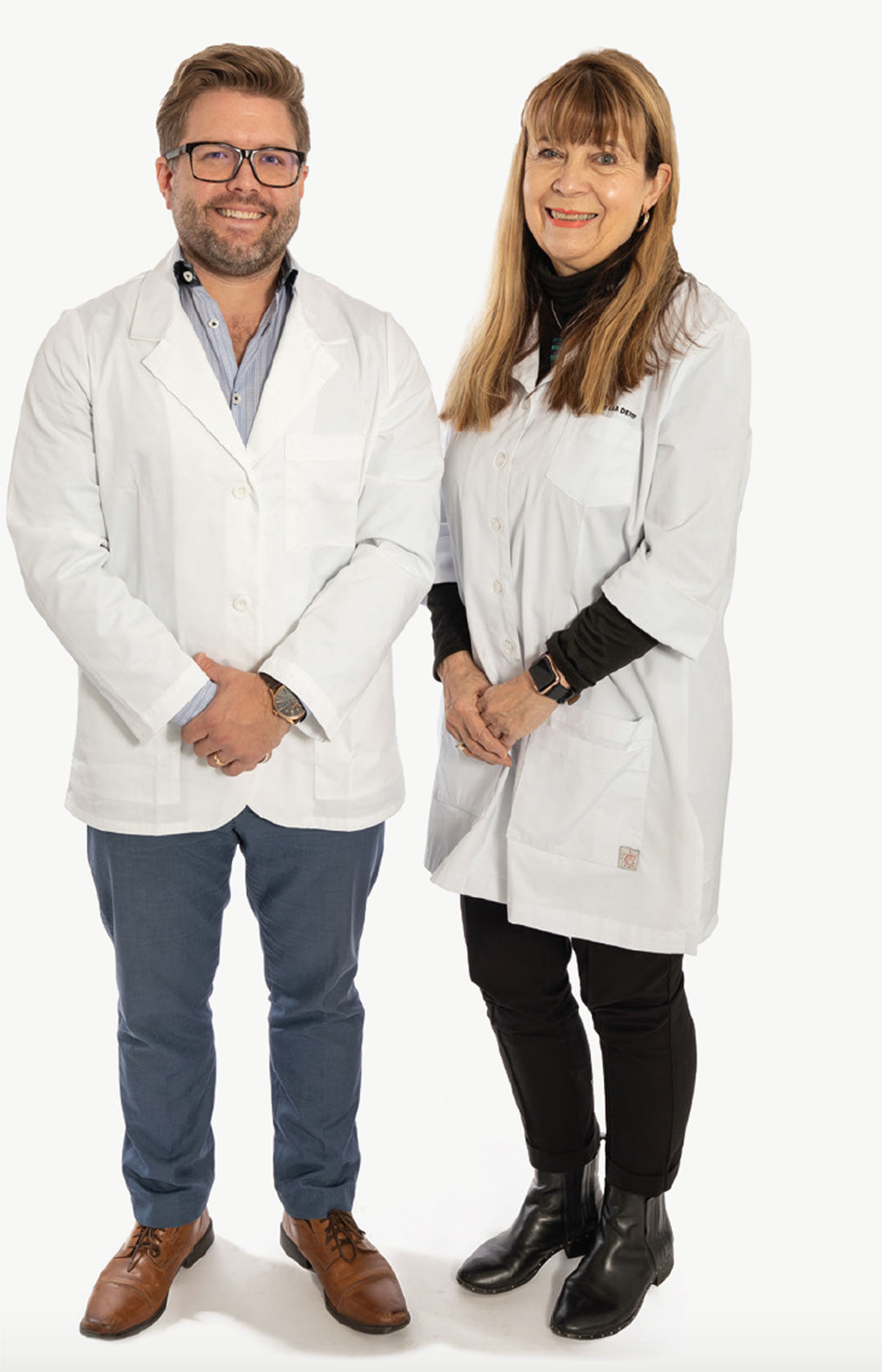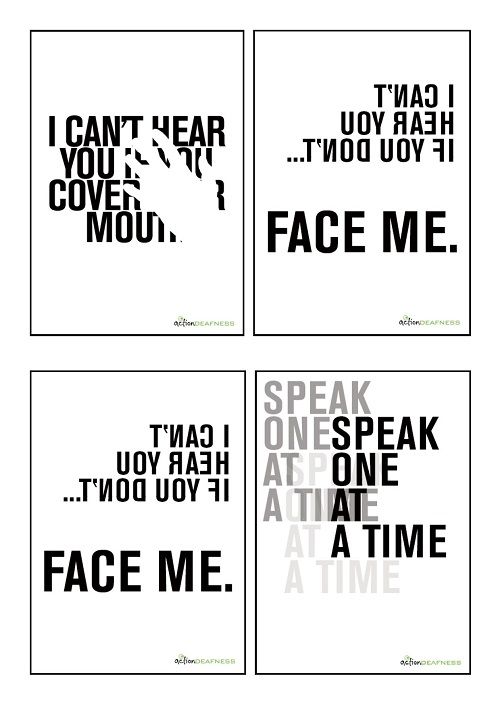I hear you! The first two weeks with new hearing aids
You get your new hearing aids, everything is clearer, and things are louder, but man, does your own voice sound weird! This is a common experience with new hearing aid users. I promise it gets better. Those first few weeks after you get aids are a significant adjustment period. Not just because they are new to put on each morning but because your brain is adjusting too. This blog will discuss what to expect when hearing during those first two weeks with your new hearing aids. Here we go! Am I hearing too much? Hearing aids are excellent tools to provide tailored amplification and speech clarity for those with a loss. They help you hear what you've been missing. At first, certain sounds might feel overwhelming, but they are totally normal. There is an adjustment period that comes with hearing aids. Things like the furnace coming on, how your clothes move, road noise, etc., may seem extra loud or distracting. This is because your ears and brain are hearing them for the first time again. Hearing loss means the full array of sound is not transferred from your ears to the brain. After some time, the brain forgets how things sound. When sound input is reintroduced through hearing aids, it takes a little bit of time to make sense of all those sounds. After a few days to about a week, those things should fade into the background and sound more natural. Tips and Tricks Start small! Try to wear your hearing aids all day,...










Recent Comments